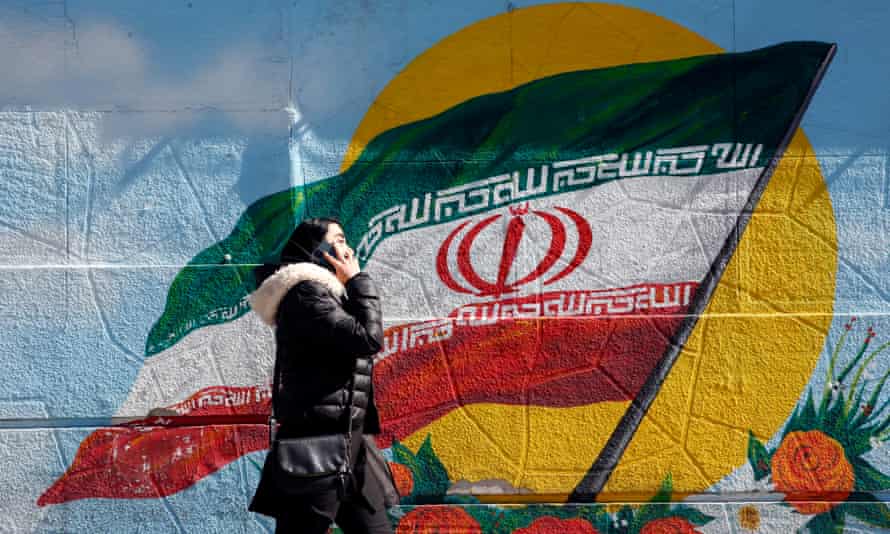Iran and US on track to return to nuclear deal, says Russia
Virtual talks between parties to JCPOA produce agreement to meet in person next week

Tehran and Washington are on the right track to come back into compliance with the Iran nuclear deal but progress will not be easy, Russia has said following virtual talks.
In a positive sign, the parties have agreed to meet formally in person in Vienna on Tuesday.
The virtual meeting of the joint commission, which is based in the Austrian capital, followed a breakthrough earlier in the week in private talks on how Iran and the US could come back into full compliance with the deal on a step-by-step basis.
The commission, of which France, the UK, Germany, China, the EU and Russia are members, is responsible for monitoring implementation of the deal, known formally as the Joint Comprehensive Plan of Action (JCPOA). The virtual meeting was attended at deputy foreign minister or political director level.
The Russian ambassador in Vienna, Mikhail Ulyanov, described the meeting as businesslike. “The impression is that we are on the right track but the way ahead will not be easy and will require intensive efforts,” he said. “The stakeholders seem to be ready for that.”
He had said before the meeting that the most prudent option would be “to agree on initial and significant steps in order to create a much more favourable climate to go fast to the destination point with full implementation of the JCPOA by all sides”.
There had been significant changes in the US position, he said.
Donald Trump unilaterally pulled the US out of the deal in 2018 and increased economic sanctions on Iran in an effort to force Tehran to renegotiate the deal Washington had signed in 2015.
Iran has taken a series of retaliatory steps away from the deal, and said initially it would not talk to Washington until the US rejoined it. Behind-the-scenes talks mediated by the European powers have since become bogged down into discussions about sequencing with the Biden administration giving the impression a return to the deal was not a priority as it focused on its domestic agenda.
A spokesman for the US State Department said the virtual meeting had been a positive step.
Iran’s deputy foreign minister, Seyed Abbas Araghchi, reiterated Tehran’s position after the meeting. He said that as soon as the US lifted sanctions and the move had been verified, Iran would stop reducing its commitments to the deal. “No talks are required for the US to return to the JCPOA … the path for the US is quite clear,” he said
The in-person meeting is likely be held at a more senior level, and Iran is certain to resist any discussion of updating or adding to the the deal.
One avenue would be for the US to lift its veto on the International Monetary Fund lending to Iran. The governor of the Central Bank of Iran (CBI), Abdolnaser Hemmati, said: “We expect the International Monetary Fund to respond to Iran’s legal request as soon as possible, without discrimination or intrusion or pressure from the United States”.
The other low-hanging fruit would be for Washington to allow banks in South Korea and elsewhere to release as much as $7bn (£5bn) in Iranian funds frozen by US sanctions.
Both approaches would be relatively easy for the US to take, and would not require the approval of Congress. Iran denies that Washington has offered it $15bn in return for reducing its uranium enrichment level from 20%.
Some observers had been hoping the US might move more quickly to lift sanctions to help the struggling reformist movement in Iran’s presidential elections in June, but for a variety of reasons the Biden administration has opted for a slower, more measured pace.
